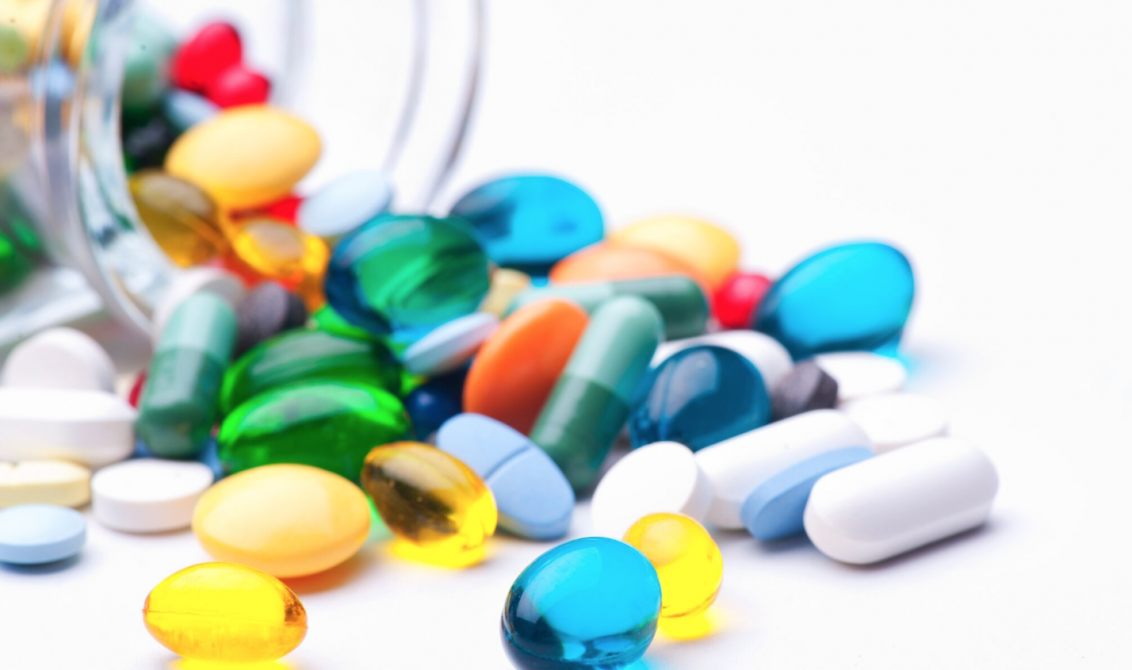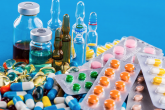
Do you realize that every time you use an antibiotic to treat a common cold or because your ”malaria” symptoms continue to linger, you contribute to the development of antibiotic resistance? Using antibiotics inappropriately, and treating yourself with expired or fake antibiotics all add to the problem.
Antibiotic resistance happens when bacteria that cause infection develop the ability to resist the medicines designed to kill them! As more and more bacteria can protect themselves from existing antibiotics, humans will need to create newer, more potent and invariably more expensive antibiotics to treat even simple infections.

How does this affect you?
If you or a family member receive treatment for a laboratory-confirmed case of malaria and don’t get better, you may be feeling the effects of drug resistance – in this case, antimalarial drug resistance.
You cannot ignore the results of antibiotic resistance:
- It causes longer work or school absences because you don’t get better from initial treatment.
- It costs you more to return to the hospital for a second consultation and to buy additional and more expensive medicines.
- You expose your family, co-workers, and neighbors to a resistant germ.
- You burden an already stretched health system with repeat visits for healthcare.
In every region of Africa, antibiotic resistance already affects the treatment of malaria, pneumonia, sexually transmitted infections, tuberculosis, HIV/AIDS, wound infections, diarrheal diseases, and other life-threatening infections like meningitis.
Very soon, a simple infection may become life-threatening because you run out of treatment options.
How can we stop the spread of resistant germs?
Everyone has a role to play to limit the spread of resistant germs – governments, global and regional health organizations, health professionals, you and I. It’s important that you improve your knowledge, attitude and behavior regarding antibiotic use.
Research shows that common infections like coughs, colds, catarrh and sore throats are mostly due to viruses and so antibiotics have no effect except to promote the development of drug resistance. You’re much better off drinking lots of water and resting. Similarly, treating malaria with both antibiotics and an antimalarial drug fosters the growth of resistant germs. Confirm malaria with a rapid diagnostic test first before treating only with the WHO recommended antimalarial drug Artemisinin Combination Therapy (ACT).
- When a doctor or health worker prescribes an antibiotic for your illness, ask to be tested before treatment.
- Never self-medicate, you may do yourself more harm.
- Never use expired antibiotics.
- Buy your medicines only from a reputable pharmacy.
- Don’t use antibiotics prescribed for someone else or give your unused drugs to others.
Antibiotic resistance threatens lives and is a major public health issue. Do your part to stop the threat!

